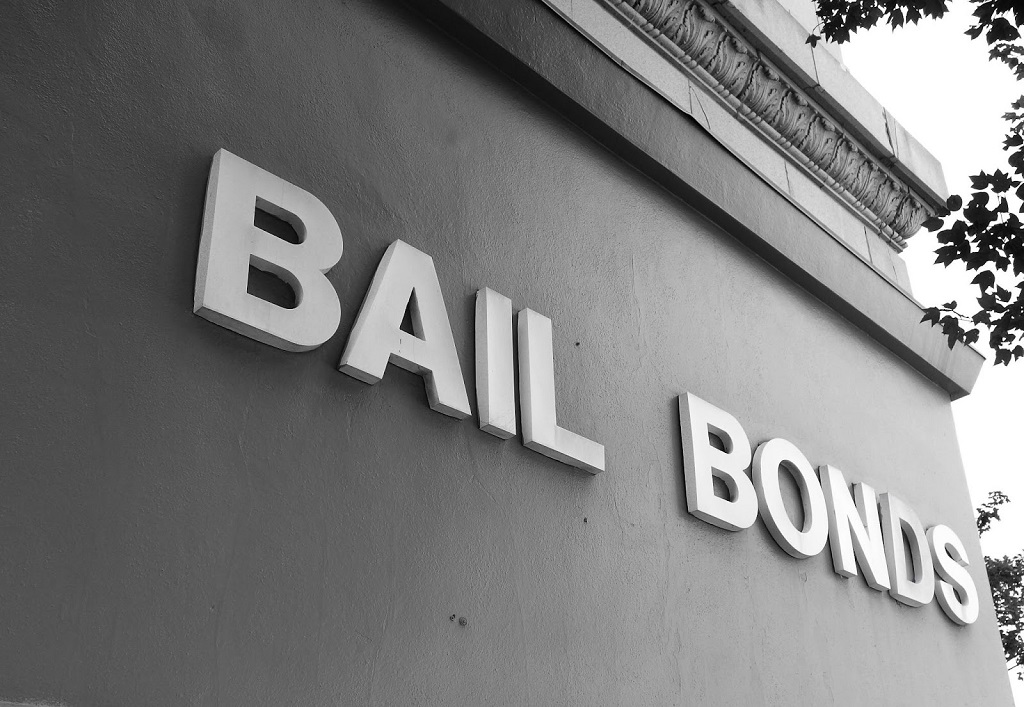What Happens If Someone Jumps Bail? Consequences You Should Know
Bail is a vital part of the criminal justice system, allowing defendants to secure temporary freedom while awaiting trial. However, when someone fails to meet their obligations, such as attending scheduled court dates, it is called “jumping bail.” This serious action can lead to severe consequences, both legal and financial, for the defendant and those involved in securing their release. In this article, we’ll discuss the implications of jumping bail and what you need to know.

Understanding Bail and Its Purpose
Before diving into the consequences of jumping bail, it’s essential to understand the purpose of bail itself. Bail is a sum of money or a form of property provided to the court as a guarantee that the defendant will attend their trial. When the defendant fulfills all court obligations, the bail is returned, minus any fees. The amount of bail depends on the crime, criminal history, and flight risk, among other factors.
What Does “Jumping Bail” Mean?
Jumping bail occurs when a defendant who has been released on bail fails to appear in court as scheduled. In such cases, the court issues a bench warrant for their arrest, making them a fugitive from the law. This act not only forfeits the bail amount but can also lead to additional criminal charges, complicating the legal process even further.
Consequences for the Defendant
When someone jumps bail, they face several significant consequences:
1. Forfeiture of Bail
The most immediate consequence of jumping bail is the forfeiture of the bail amount. If the defendant posted bail themselves, they lose this money or collateral. If a bail bond agent posted bail on their behalf, the bond company may demand reimbursement for the full bail amount from the defendant or the cosigner.
2. Bench Warrant Issued
Once bail is jumped, the court typically issues a bench warrant. This means law enforcement officers are authorized to arrest the defendant immediately. Being a fugitive increases the severity of the situation, as it shows a lack of cooperation with the judicial process.
3. Additional Criminal Charges
Jumping bail can lead to additional charges being filed, such as contempt of court or failure to appear. These charges may come with their own penalties, including jail time and fines, further complicating the defendant’s legal situation.
4. Difficulty in Securing Future Bail
If the defendant is caught and arrested, securing bail again will be much more challenging. The court may deem the individual a flight risk and either increase the bail amount substantially or deny bail altogether. In some cases, judges will revoke bail rights entirely, leading to mandatory detention until trial.
5. Increased Sentencing
In addition to the new charges for failure to appear, jumping bail can result in a harsher sentence for the original crime. Judges tend to impose stricter penalties on defendants who have shown disregard for court procedures, which could include extended jail time or higher fines.
Consequences for the Cosigner
When a bail bond agent is involved, there’s often a cosigner, usually a family member or friend, who takes on the financial responsibility if the defendant skips bail. The cosigner faces their own set of consequences:
1. Financial Liability
If the defendant skips bail, the cosigner is often held responsible for the full bail amount. This can result in substantial financial hardship, especially if the bail was high. The bail bond agent will likely demand payment from the cosigner or may seize collateral that was used to secure the bond.
2. Legal Action from the Bail Bond Company
Bail bond companies are businesses, and if the cosigner cannot pay the full bail amount, the company may take legal action against the cosigner. This can lead to garnishment of wages, asset seizures, or other legal consequences.
3. Strained Personal Relationships
Being a cosigner is a serious responsibility, and if the defendant skips bail, it can create significant tension and strain in personal relationships. The financial and emotional burden of having to deal with the consequences of someone else’s actions can lead to lasting damage in family and social relationships.
What Happens If You Jump Bail in Texas?
Texas, like many other states, takes jumping bail very seriously. If a defendant in Texas skips bail, the state will issue a bench warrant for their arrest, and law enforcement will actively pursue them. Furthermore, the state may add criminal charges related to the failure to appear, which could result in additional fines, jail time, or both. In Texas, if the amount of bail is significant, the consequences are amplified, making it more difficult to defend oneself in court once apprehended.
In cases where the bail bond company is involved, they may hire bounty hunters to track down the defendant. Texas law allows for bounty hunters to capture and return individuals who have jumped bail, further complicating the legal situation.
What You Should Do If Someone Jumps Bail
If you’re a cosigner and someone you bailed out jumps bail, it’s essential to take immediate action. Contact the bail bond company as soon as possible to inform them of the situation. In some cases, they may be willing to work with you to locate the defendant and avoid further financial consequences. Additionally, encourage the individual to turn themselves in, as this can potentially mitigate the legal repercussions.
For the defendant, turning themselves in as soon as possible is the best course of action. While there may still be penalties, cooperation with the court may result in more lenient treatment than continuing to evade the law.
How to Avoid Jumping Bail
To avoid the severe consequences of jumping bail, follow these important steps:
- Attend All Court Dates: Mark every court appearance on your calendar and make sure to show up on time.
- Communicate with Your Lawyer: Stay in regular contact with your attorney to stay informed about your case and any changes in court dates.
- Follow Bail Conditions: Abide by all conditions set by the court, such as staying in a designated area or avoiding certain people or activities.
- Keep Contact Information Updated: Ensure the court has your most recent contact information to avoid missing any communication about court dates or legal obligations.
If you or a loved one is facing legal trouble and needs fast, reliable bail bond services, A Way Out Bail Bonds is here to help. With over 35 years of experience in the Dallas/Fort Worth area, we provide expert bail bond assistance 24/7. Contact us at (214) 760-9978 in Dallas County or (817) 261-2828 in Tarrant County for immediate help. We’re committed to providing professional, confidential, and compassionate service to our clients in their time of need.
